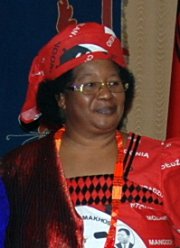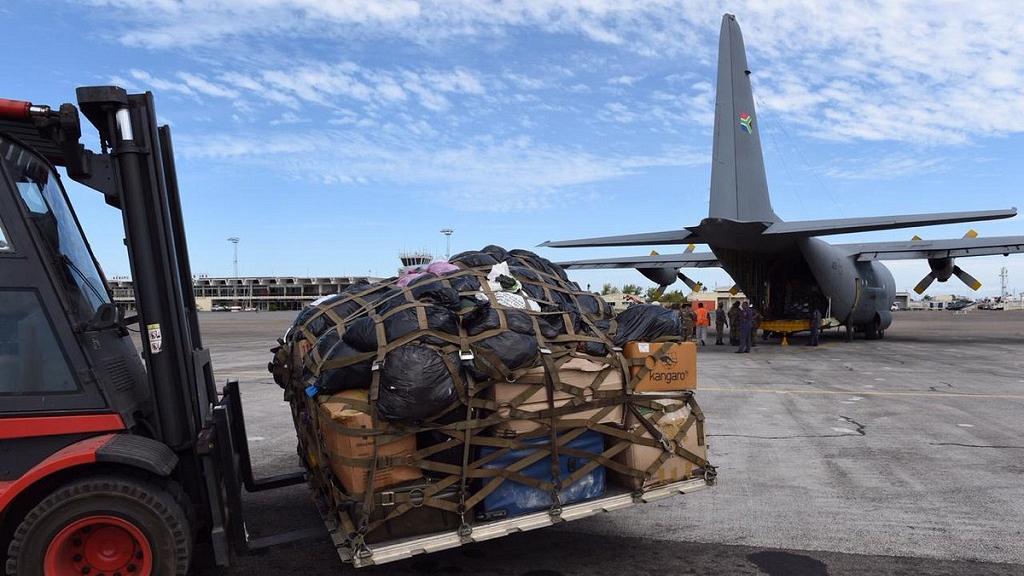Telekom Networks Malawi (TNM) plc. has protested the proposed one percent withholding tax on mobile money transactions, saying it will increase consumers’ transaction cost by at least 25 percent.
The Malawi Stock Exchange-listed firm has made its position in a letter dated October 3 2019 addressed to Minister of Finance, Economic Planning and Development Joseph Mwanamvekha.
In the letter, TNM plc. chief executive officer Michiel Buitelaar said the tax will slow down growth of the mobile money ecosystem.
He said already, the mobile communications sector is subjected to higher taxation in excise tax, withholding tax on commissions, income tax, pay as you earn, Tevet levy and value added tax.
Buitelaar said that in 2018, for instance, TNM, the parent company of TNM Limited, contributed 29 percent of its sales in different forms of tax to government as well as to Malawi Communications Regulatory Authority (MACRA) in excess of K34 billion, while Mpamba alone contributed more than K200 million to corporate social investment.
He said the tax proposal was introduced without consultations, adding that in most African countries, mobile money taxation does not exist.
Buitelaar said where such taxes were introduced, they were removed immediately after introduction or have been reduced.
He said: “If the one percent transaction cost is implemented, a simple funds transfer transaction will result in a cost increase of 25 percent for the consumer, with the cost increasing further as the balance stands to be taxed for all subsequent transactions.
“TNM is of the opinion that the actual cost trend for the consumer should be downwards over time and we are keen to contribute to that.
“We, therefore, recommend that the Government of Malawi should reconsider this proposed tax and reverse it for the betterment of the economy of Malawi and its people.”
RBM figures indicate that as of June 2019, the total registered subscriber base for non-bank mobile money services stood at seven million, with only 37.4 percent of the total mobile money subscribers using the service during the 90-day period under review.
The mobile money agent network, on the other hand, stands at 45 929 recorded at end of June 2019, with 81.1 percent of mobile money agents located in urban and semi-urban areas.
University of Malawi’s Chancellor College dean of law Sunduzwayo Madise, who has written a number of papers on mobile money, earlier observed that instead of using mobile money services as a means to empower the rural masses and the unbanked or under-banked, the tax will now serve to disempower them.
He said that on one hand, the mobile money service was touted as a solution to empower the rural people, but with another, the system has now decided to plot against the people it should empower.
Consumers Association of Malawi (CAMA) executive director John Kapito said consumers were not consulted on the same, adding that the introduction of the tax acts as a ‘war against the poor’.
Ministry of Finance, Economic Planning and Development spokesperson Davis Sado on Monday said since the 2019/20 National Budget was presented, Treasury is getting a wide range of views and reactions from stakeholders.
He said: “Let us wait and see until the time when the Minister of Finance winds up on the national budget.”
Mobile money service is offered by private entities, mobile network operators and these are primarily in the telecommunication business and offer mobile money as an added services.




